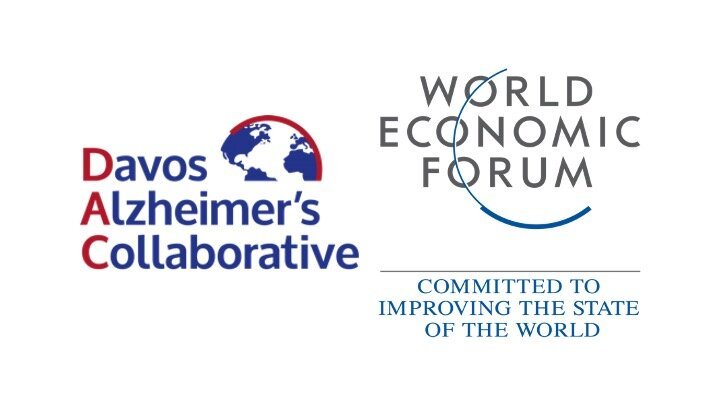Reporters invited to cover the brain health and dementia in Africa conference on September 11-12, 2024 at JW Marriott in Nairobi, Kenya
FOR IMMEDIATE RELEASE
CONTACT: Susan Oliver +17032164078
September 5, 2024
Reporters invited to cover the brain health and dementia in Africa conference on September 11-12, 2024 at JW Marriott in Nairobi, Kenya, which will address key challenges and share latest research on the epidemiology of dementia, including contributing risk factors, genetic advances, clinical trials, early detection, and diagnosis, emphasizing the importance of brain health throughout the lifespan.
● Site visits are available to current programs in Nairobi
● Interviews are available with Davos Alzheimer’s Collaborative founding chairman George Vradenburg, head of research Dr. Vaibhav Narayan, and Aga Khan University Brain and Mind Institute founder Dr. Zul Merali on the importance of Africa to this global effort
● Interviews are available with researchers presenting new genetic analyses of dementia in African populations, longitudinal studies on health and aging in Africa and more
Key presentations include:
● Stress and resilience in the context of pathological aging
● Cultural and language adaptation for testing and diagnosis of Alzheimer’s
● AI and neuroimaging
● Improving knowledge and community-based dementia care in rural African communities
● Human interest stories: from an author/caregiver to a leader of a youth group creating awareness about dementia and more
This brain health and dementia conference is convened by Nature, the Davos Alzheimer’s Collaborative and Aga Khan University Brain and Mind Institute to advance lifespan brain health innovations across diverse communities. Over 200 registered attendees will include researchers, industry leaders, local government, policymakers, and individuals with lived experience.
Dementia is a growing public health challenge around the world, with an estimated 150 million people expected to be living with the disease by 2050. Africa is no exception: an estimated 2.13 million people were living with dementia in sub-Saharan Africa in 2015, increasing to 3.48 million by 2030 and 7.62 million by 2050.
Africa faces unique challenges in addressing dementia, including limited resources, varying levels of healthcare infrastructure, and a need for greater awareness and education. This conference represents a pivotal moment for the continent, offering a chance to consolidate efforts, share knowledge, and develop strategies tailored to Africa's specific needs.
Presentations will include genomic research that highlights discrepancies in African and other represented populations compared to past research in Caucasian populations, underlining how a lack of diversity in genomic studies potentially limits the effectiveness of targeted therapies across diverse populations.
Two keynote speakers will present findings from long-term studies of populations in Africa, showcasing how aging studies are helping researchers understand dementia on the continent.
About the Davos Alzheimer’s Collaborative
The Davos Alzheimer's Collaborative (DAC) is a pioneering worldwide initiative to cure Alzheimer’s disease and improve brain health, seeking to mirror the success of global efforts against infectious diseases such as HIV/AIDS, Covid, and Malaria. DAC is extending global research beyond its current focus on traditional Western European ethnic populations into the highly diversified populations of the Global South, where the vast majority of those with Alzheimer’s live. By introducing lower-cost screening and diagnostic tools as well as new treatment and prevention modalities in primary care and community health settings, DAC is driving implementation of health system solutions that are appropriate for worldwide application. DAC also promotes the vital importance of brain health throughout the lifespan by addressing cardiometabolic and lifestyle factors, especially in early and mid-life. Absent effective action at scale around the world, by 2050, more than 150 million families and half a billion people will be personally impacted by dementia, creating a social, financial, economic, and global security disaster of historic proportions. DAC was launched in Davos in 2021 by the World Economic Forum and the Global CEO Initiative on Alzheimer's Disease. For more information, please visit: davosalzheimerscollaborative.org.
About the Aga Khan University Brain & Mind Institute
The Brain and Mind Institute (BMI) at the Aga Khan University, operates in East Africa and Central/South Asia. BMI’s ethos is to span from neuron to the neighborhood, and across multi-country campuses. The operational model is to empower and strengthen neuroscience and mental health research and interventions through capacity building and partnerships; connecting the rich tapestry of academics, research entities, stakeholders, and communities of lived experience.
BMI facilitates interdisciplinary research, education and innovation in mental health and neurosciences. Through transdisciplinary research approaches, BMI aims to impact the lives of people who are affected by debilitating neurological and mental health problems. Whether it is uncovering the causes of illness or advancing breakthrough research into treatments or interventions, BMI’s approach is always mindful of the local needs of the people and communities at risk.
Nature Conferences
Nature Conferences are events tailored to the international scientific community to foster communication and collaboration between scientists at various research levels. Held in face-to-face and virtual formats, a multi-disciplinary schedule of events is launched each year in partnership with leading industry and institutional organizations in the scientific field globally. As part of the world-renowned Nature Portfolio of journals, editors carefully curate event programs to create immersive experiences that blend cutting-edge research with insightful discussions.
The Nature Portfolio of journals is home to Nature—the leading international weekly journal of science first published in 1869— and to selective subject-specific journals including Nature Medicine, Nature Aging, Nature Communications and Communications Medicine. Together, these journals publish some of the world's most significant scientific discoveries. Nature Portfolio, its journals, and Nature Conferences are all part of Springer Nature. Learn more about Nature Conferences here and follow @Natureconf.

